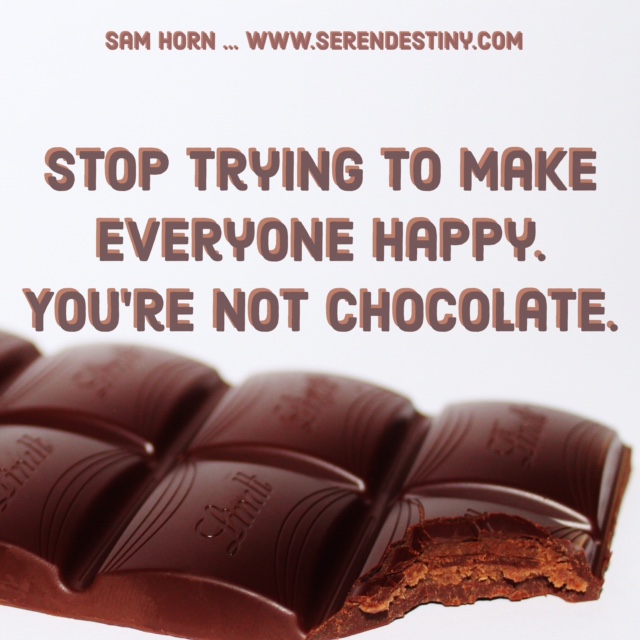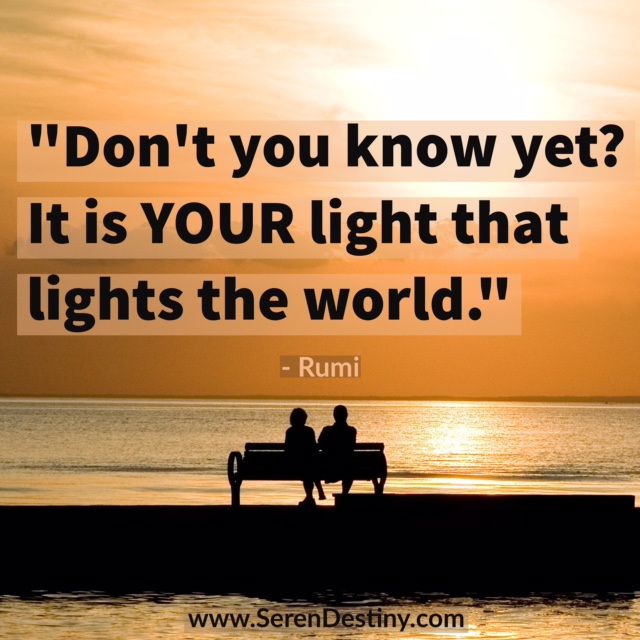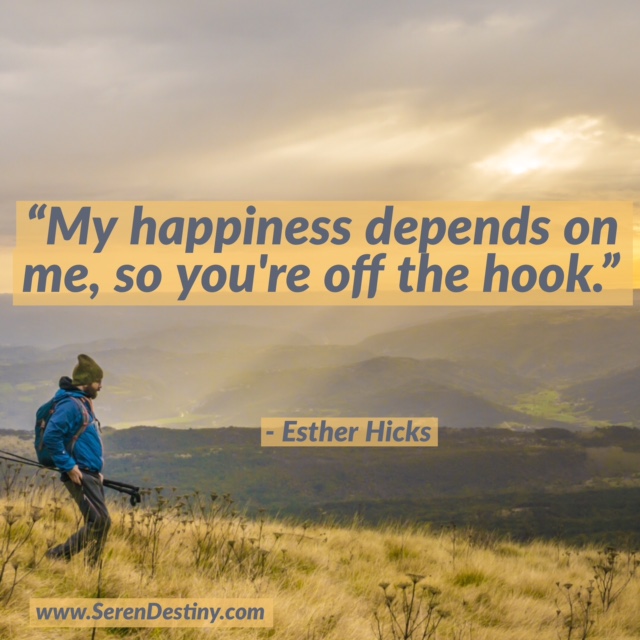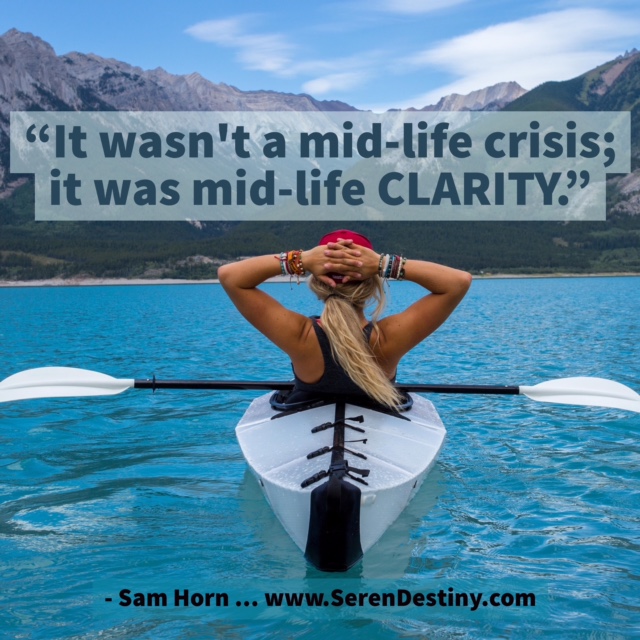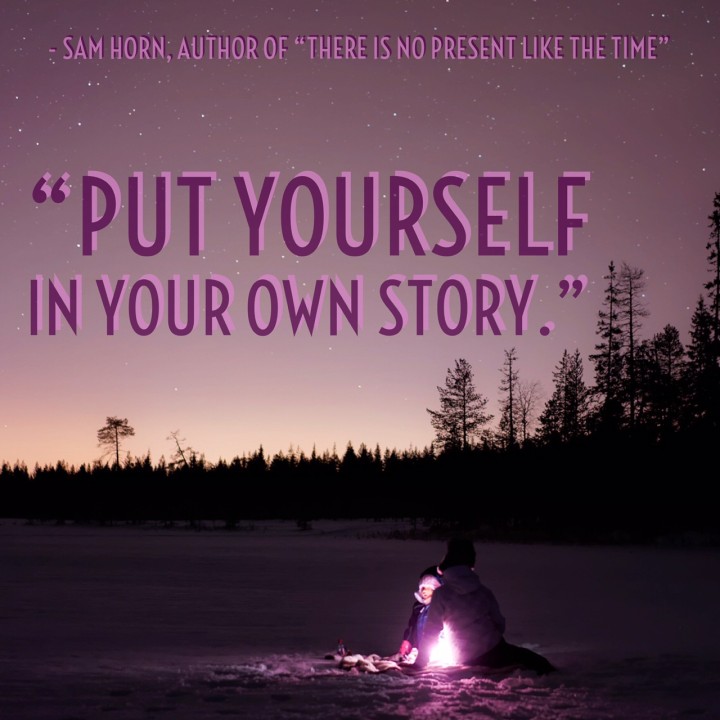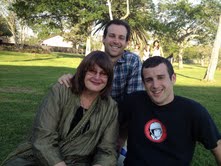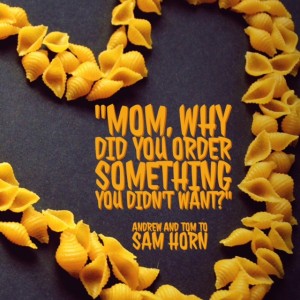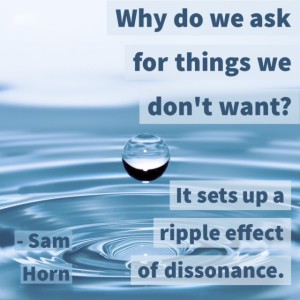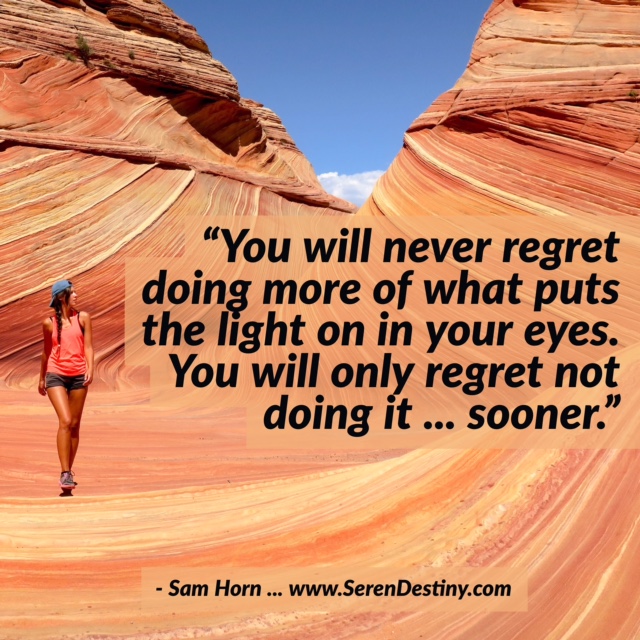"Other people have analysis. I have Utah." - Robert Redford One of the most important epiphanies from my Year by the Water was that we don't have to be anti-social to be pro-solitude.
What do I mean by that?
Well, last April I was driving out in the middle of nowhere listening to the Audible version of Gloria Steinem’s memoir, My Life on the Road.
I had always pictured Texas as hot, flat and barren. But this was spring. Much to my surprise, everything was green, rolling, vibrant. I didn't know what was over the next knoll, all I knew was it was going to be something interesting I'd never seen before.
I was driving at golden hour - that blessed hour right before the sun goes down and the air shimmers with special light. I came over a rise and there, stretched out to the horizon, were golden fields. I gasped out loud at the sheer beauty of it, pulled over, shut off the car engine and stepped outside to bask in its splendor. The only sound was a slight breeze through the leaves of a nearby tree.
I will always remember that exquisite experience. I can still see it in my mind's eye months later.
I got back in the car and resumed driving while listening to Gloria share stories and insights from her life. She quoted Virginia Woolf who believed, "Every woman needs a room of her own."
I laughed out loud as I realized, "I have a ROAD of my own."
I truly revel in my independence. To me, an open road means freedom, autonomy, the opportunity to go anywhere I want when I want to. It's esstential to life feeling right.
I stopped at a steak house that night for dinner. The waiter asked where I was from, and I told him about driving cross-country visiting bodies of water and writing about them. He was intrigued and asked where I'd been that day. I told him about my experience with the golden fields.
He said, somewhat incredulous, "You're doing this by yourself? Aren't you lonely??
I told him, "I'm never lonely as long as I'm paying attention."
He persisted, "I wouldn't want to drive cross-country unless I had someone to share it with. It seems like it'd be kind of an empty experience."
I smiled because, to me, that experience wasn't empty, it was alive. There wasn't absence, there was presence.
I told him, "Connection isn't just with people. I was connected to those fields and with that moment. I've found that as long as I'm appreciating what I'm seeing, feeling, thinking and hearing, I'm never really alone."
I could tell he didn't relate to what I was saying. When I got back on the road, I asked myself, "Why is it that I crave space? Why is that I don't feel "bereft" when I'm by myself?"
I think part of it is I feel connected to loved ones even when we're not together. The connection I have with my loved ones exists even when we're miles apart. They're with me ... even when they're not with me.
The fact is, I am an ambivert. I enjoy being with people and I enjoy not being with people. I am both a public person and a private person.
Being around smart, talented, interesting people energizes me. And exploring new places and spaces on my own energizes me. It's not an either-or, it's both. Socialization and solitude are two sides of the coin of a creatively productive life.
What I know fur sure is that I need time and space to "mull and muse."
What do I mean by "mull and muse?" Time and space to reflect on what I've seen, heard, read. Time to roll thoughts around in my head. To observe the world around me from all angles. To savor ideas and insights like you would a ripe piece of fruit. To connect dot thoughts in new ways.
Perhaps my favorite example of someone who also seemed to operate best with a mix of socialization and solitude was ... Abraham Lincoln.
Several years ago, I was hired to train the board of Entrepreneurs Organization in public speaking. As a special treat, they arranged for a private group dinner at Lincoln’s Cottage in Washington DC following our day-long training.
I got there an hour before the others arrived. The first thing I noticed as I walked in was how "spare" the cottage was. Each room had only a few items. A desk. A chair. A small table with a lamp. It was as if the walls were whispering, "Space to think. Space to think."
I instantly got it. This was where Lincoln came to be alone with his thoughts. Where he escaped the pressures of the White House and found much-needed solitude to reflect upon our history and create a visionary document that changed the course of our nation.
I don't imagine Lincoln felt "lonely" while writing that magnum opus. I imagine his mind and soul were on fire. I imagine he welcomed the opportunity to write without distractions.
I had a great life before I took off for my Year by the Water. However, like many people, I was going, going, going. There weren't many opportunities to be alone with my thoughts ... much less to reflect on them or write about them. I now have that time ... and I honor it.
Many creatives talk about their need for head space so they can do original work. Being alone is when they are able to dig deep - without interruption - and envision new ideas, original art, innovative break-throughs. It is where they access the exquisite state of flow.
Yet in today's "crazy busy" world, too few of us have time for contemplation. That's why I'm sharing these inspiring quotes about the importance of making time and space for ideation.
I hope these quotes catalyze insight - maybe even a conversation with friends and family members - about why you crave a room or road of your own to connect with your creativity.
And I hope you never again feel a need to apologize for needing space. It's not selfish, it's smart. Solitude and socialization are not mutually exclusive; they are the best of both worlds.
1. "The only time we waste is the time we spend thinking we're alone." - Mitch Albom
2. ”We need society, and we need solitude, as we need summer and winter, day and night, exercise and rest.” – Phillip G. Hamerton
3. ”Being solitary is being alone well: luxuriously immersed in doings of your own choice, aware of the fullness of your own presence rather than of the absence of others.” Alice Koller
4. ”To go out with the setting sun on an empty beach is to truly embrace your solitude.” – Jeanne Moreau
5. ”The more powerful and original a mind, the more it will incline towards the religion of solitude.” - Aldous Huxley
6. ”It is only in solitude that I ever find my own core.” – Anne Morrow Lindbergh
7. ”When you acknowledge the integrity of solitude, and settle into its mystery, your relationships with others take on a new warmth, adventure and wonder.” – John O’Donahue
8. ”Women need real moments of solitude and self-reflection to balance out how much of ourselves we give away.” – Barbara de Angelis
9. ”Who hears music feels his solitude peopled at once.” – Robert Browning
10. "Loneliness expresses the pain of being alone; solitude expresses the glory of being alone." - Paul Tillich
11. "Alone had always felt like an actual place to me, as if it weren't a state of being, but rather a room where I could retreat to be who I really was.” —Cheryl Strayed
Where and what is your Utah? Where do you retreat to be yourself by yourself?
Pablo Picasso said, "The meaning of life is to find your gift. The purpose is to give it away."
Please understand that part of of your legacy is contributing your gifts - your writing, startup, art, songs, screenplay, painting, sculpture, art, music, solutions, vision.
How, when and where will you give yourself a room - or road - of your own?
When will you temporarily "escape" from people and schedule in time for creative solitude so you can muse and mull your reflections, experiences, insights, stories?
It's not a luxury, it's a necessity. It's not indulgent, it's an investment.



